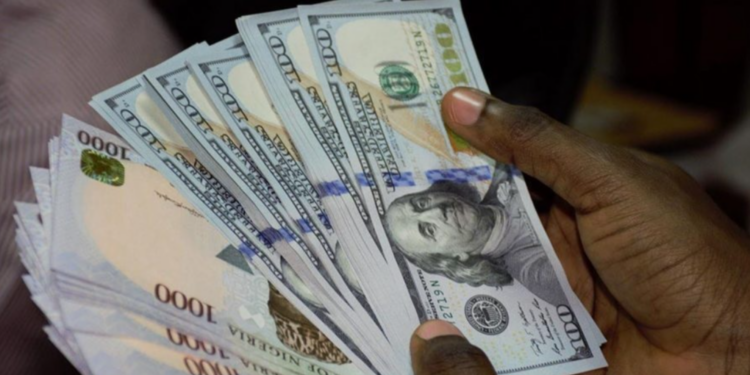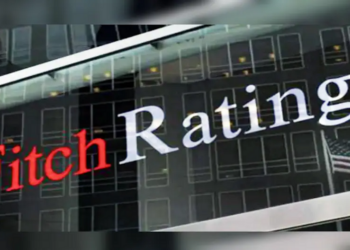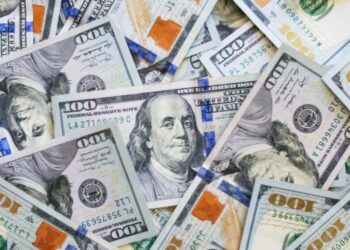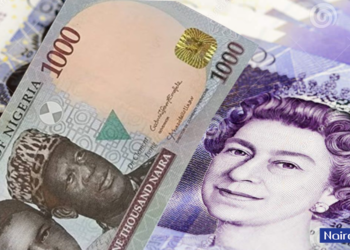According to a new communiqué issued by the Central Bank of Nigeria (CBN), importers of all 43 items previously barred from obtaining foreign cash through official channels are now permitted to purchase foreign exchange in the Nigerian foreign exchange market.
The CBN also stated that it is dedicated to increasing efforts with existing partners to clear the FX backlog.
To encourage price discovery, transparency, and credibility of rates, the CBN further reaffirmed that the current Foreign Exchange (FX) prices should be referenced from platforms such as the CBN website, FMDQ, and other recognized or appointed trading systems.
Nigeria has struggled with significant FX shortages, causing the naira to fall to a record low against the dollar.
The naira has continued to depreciate due to an acute shortage of supply amidst a growing demand.
The gap between the official rate and the parallel market rate has also continued to widen even after the unification of rates at all the official windows using the parallel market rate as reference.
In our view a major factor contributing to the existence of the wide premium between the official and parallel market rate is the distortion in the market that has resulted in more demand going to the parallel market.
Under the leadership of Godwin Emefiele, the CBN banned importers of 43 items from accessing forex from the official windows and stopped the supply of FX to Bureau De Change (BDC) operators.
Policies such as these and the bureaucracy associated with getting forex from the official windows ensure a wide premium between rates at the official window and the parallel market.
In order to improve price stability, the CBN stated that it will increase liquidity in the Nigerian Foreign Exchange Market through periodic interventions but we note that the CBN’s ability to intervene in the forex market depends a lot on the size of its reserves.
The apex bank’s recently released financial statements suggest that a significant percentage of the reserves are encumbered. Since the unification of all the official foreign exchange (FX) windows, the Naira has depreciated by 64% to N759.20/$ as of today from N462.88/$ (price prior to the new policy) at the I&E Window.
However, the real shocks of the policy were witnessed in the parallel market leading the Naira to fall to a high of N1,055/US$ on 13 September 2023.
While we appreciate the need to eliminate the distortions in the market, we reiterate our view that the only viable solution to the current FX crisis is to boost the country’s foreign exchange revenues.
As a first step to achieving this, the government should step up measures to reduce crude oil theft in order to enhance crude oil production.
The swift start-up of the Dangoterefinery, especially the export side of the business remains a game changer in our view as it will be a major source of foreign exchange into the country.
We believe that more has to be done to promote the country’s exports, with the agriculture sector receiving priority in order to increase the production of many cash crops for exports.
Finally, there must be a blueprint in place to explore the country’s huge untapped natural resources in order to increase foreign exchange receipts.
We believe steps like these will attract foreign portfolio investments which could help stabilize the market in the interim.

























